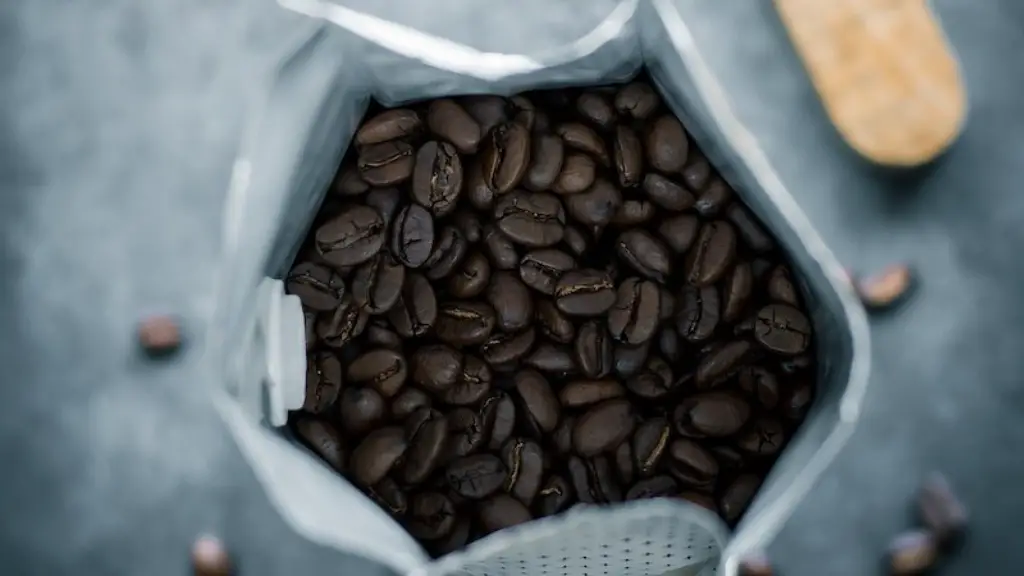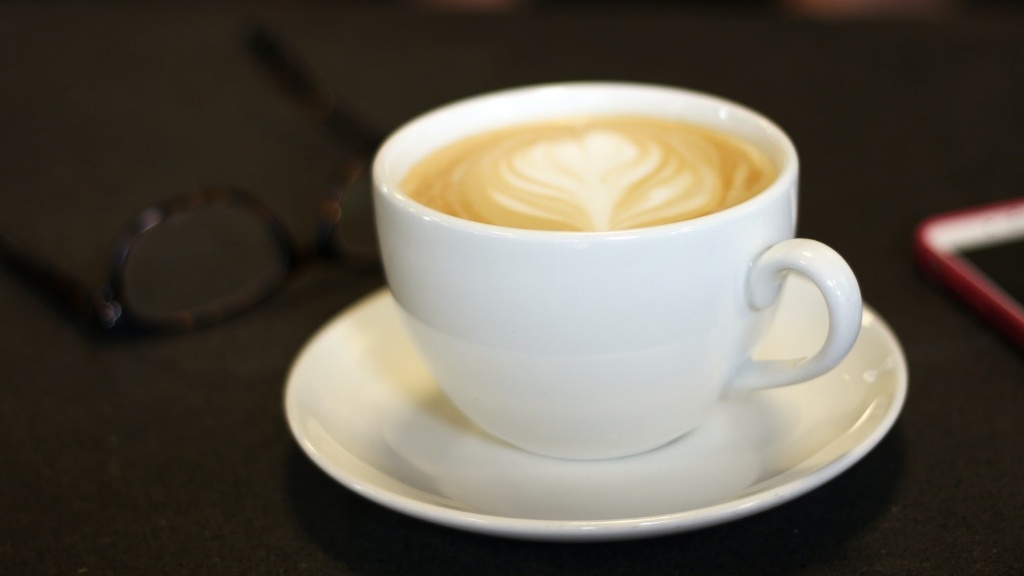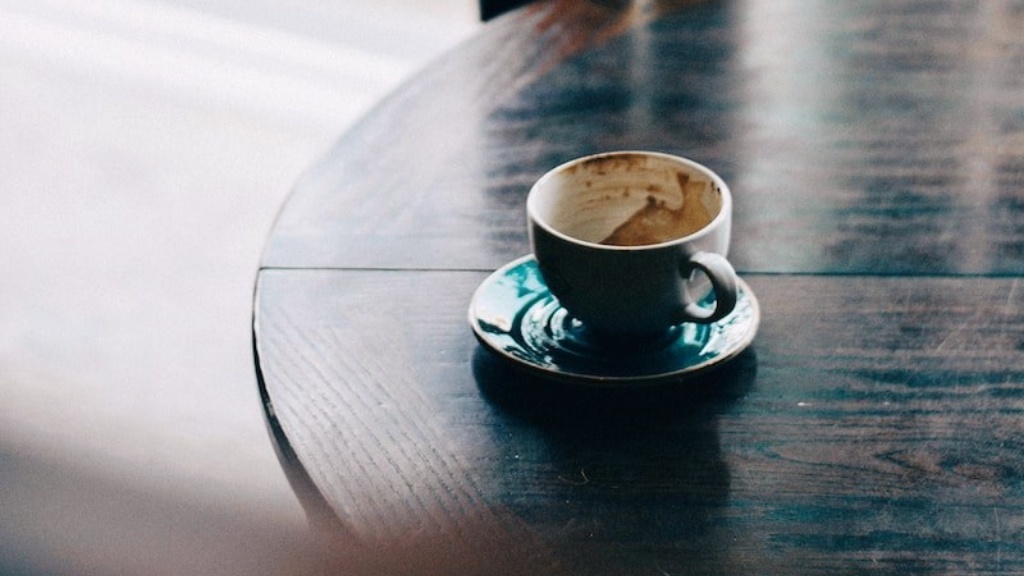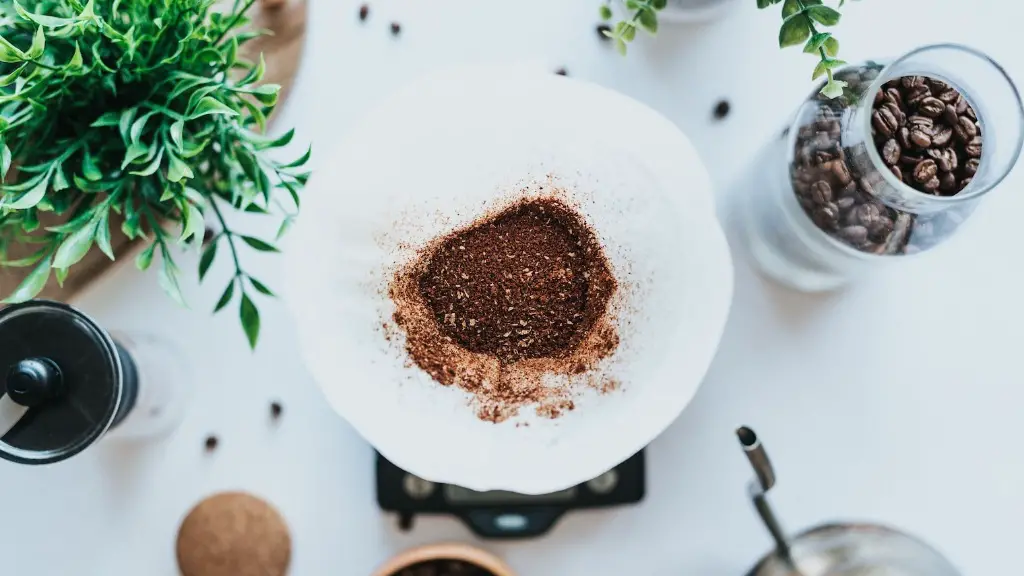Coffee is a popular beverage enjoyed by millions of people worldwide. It is one of the most commonly consumed beverages and often an essential part of many people’s daily routine. Coffee is also a favorite source of caffeine, which is a naturally occurring stimulant and can help improve alertness and concentration. However, it’s important to be aware of the amount of caffeine in each cup of coffee, as too much caffeine can cause various adverse health effects. This article aims to answer the question, “What coffee drink has the least amount of caffeine?”
How Caffeine Affects the Body
Before answering the question of which coffee drink has the least amount of caffeine, it is important to understand how caffeine affects the body. When consumed, caffeine stimulates the central nervous system, heart and muscles to release hormones such as adrenaline. These hormones provide a sudden burst of energy and alertness, which can help to improve performance in activities such as mental alertness, physical endurance and improved reaction time. However, too much caffeine can lead to problems such as anxiety, insomnia, headaches and jitteriness.
Types of Coffee Drinks
Coffee can be prepared in a variety of ways, such as by using brewed coffee, espresso, cold brew, instant coffee and cappuccino. Each of these types of coffee drinks have their own unique flavor profiles and contain varying levels of caffeine. Depending on the desired strength and taste, different types of coffee drinks can be chosen to reduce the amount of caffeine in a cup.
Brewed Coffee
Brewed coffee is typically made by pouring hot water over ground coffee beans that have been placed in a filter. It is a very popular form of coffee and can be enjoyed with or without added flavors. Brewed coffee typically contains 95 to 200 milligrams of caffeine per cup, making it the most caffeinated type of coffee drink. However, by using a light roast or decaffeinated coffee beans, the amount of caffeine can be greatly reduced.
Espresso
Espresso is made by forcing hot, pressurized water through finely ground coffee beans. It is a strong, concentrated form of coffee that is typically served in small doses and usually contains between 71 and 150 milligrams of caffeine per shot. Espresso also has a much more intense flavor than brewed coffee, as more of the oils and flavors of the beans are extracted with this method.
Cold Brew
Cold brew coffee is made by steeping coarsely ground coffee beans in cold or room temperature water for a long period of time, usually 8 to 24 hours. The slow extraction process produces a smooth, mellow and balanced coffee with a very low acidity. Cold brew typically contains between 70 and 120 milligrams of caffeine per cup, making it slightly less caffeinated than espresso.
Instant Coffee
Instant coffee is made by brewing freshly ground coffee beans and then using a freeze-drying or spray-drying process to dehydrate the coffee into a concentrated powder or granules. It is an incredibly convenient type of coffee as it only requires hot water to make and rarely has any bitter aftertaste. Instant coffee typically contains between 27 to 173 milligrams of caffeine per cup, making it the least caffeinated type of coffee.
Cappuccino
Cappuccino is an Italian coffee-based drink that is traditionally made by combining espresso, steamed milk and foam. It is also usually finished with a sprinkle of cocoa powder or cinnamon. Cappuccinos can be made with different types of milk and sweeteners, such as oat milk, almond milk and honey. A single cappuccino typically contains around 63 milligrams of caffeine per cup, making it slightly less caffeinated than instant coffee or cold brew.
Analysis
Having examined the different types of coffee drinks, it is clear from the data that instant coffee is the type of coffee drink with the least amount of caffeine, with an average of around 27 milligrams of caffeine per cup. Brewed coffee has the highest amount of caffeine with an average of around 200 milligrams per cup, whereas cappuccino, cold brew and espresso are slightly less caffeinated with 63, 70-120 and 71-150 milligrams respectively.
How to Reduce Caffeine Intake
If you’re looking to reduce your daily caffeine intake, there are various ways to do so. For example, using a light roast or decaffeinated coffee beans when brewing coffee. Additionally, switching to alternate drinks such as tea, which contains a fraction of the caffeine in coffee, can also be beneficial. Furthermore, taking vitamin B-complex or magnesium every day can improve your body’s ability to process caffeine, which can reduce the amount of caffeine required to get the desired effect.
Alternatives to Coffee
If you’re trying to reduce your caffeine intake but still want an energizing beverage, there are plenty of alternatives to coffee that don’t contain caffeine. For example, muara, which is a South American root traditionally used for its stimulating properties, is caffeine free and can be made into a delicious tea. Another example is matcha, a powdered green tea that is naturally stimulant free and has many health benefits. Herbal teas are also great alternatives and often have calming and relaxing effects, making them ideal for before bedtime.
Coffee Alternatives: Raw Coconut
Any coffee lover knows that nothing can replicate the aroma and flavor of a freshly brewed cup of coffee. However, one option that comes fairly close is raw coconut. Raw coconut is a naturally occurring stimulant and contains plant compounds such as phenylethylamine and N-methyltyramine that can act as natural energy boosters. Raw coconut is low in calories and caffeine free, making it a great alternative for those looking to reduce their caffeine consumption.
Organic Coffee Drinks
If you don’t want to give up your daily cup of coffee but are looking for more natural sources of caffeine, organic coffee drinks are an excellent option. Organic coffee is produced without the use of pesticides, herbicides or synthetic fertilizers, ensuring that you can enjoy a great cup of joe without worrying about ingesting toxins. Organic coffee also typically contains fewer pesticides and other harmful contaminants than non-organic coffee, making it a great choice for those looking to reduce their caffeine intake.
Rooibos Tea
Rooibos tea is a caffeine-free herbal tea made from an African plant. It has a gentle, sweet flavor and can be enjoyed hot or cold. Rooibos tea also contains a range of minerals and vitamins, as well as antioxidants and anti-inflammatory compounds. It is also naturally low in tannins, which can cause unpleasant bitterness in some teas. Given its many health benefits and low caffeine content, rooibos tea can be an excellent choice for those looking to reduce their caffeine intake.
Conclusion
For those looking to reduce their caffeine intake, there are a variety of delicious and healthy alternatives to coffee. While instant coffee contains the least amount of caffeine, other options such as cold brew, cappuccino and espresso can also be significantly less caffeinated when made with light roast or decaffeinated beans. Furthermore, various herbal teas and organic coffee drinks are also excellent alternatives to traditional coffee drinks.



